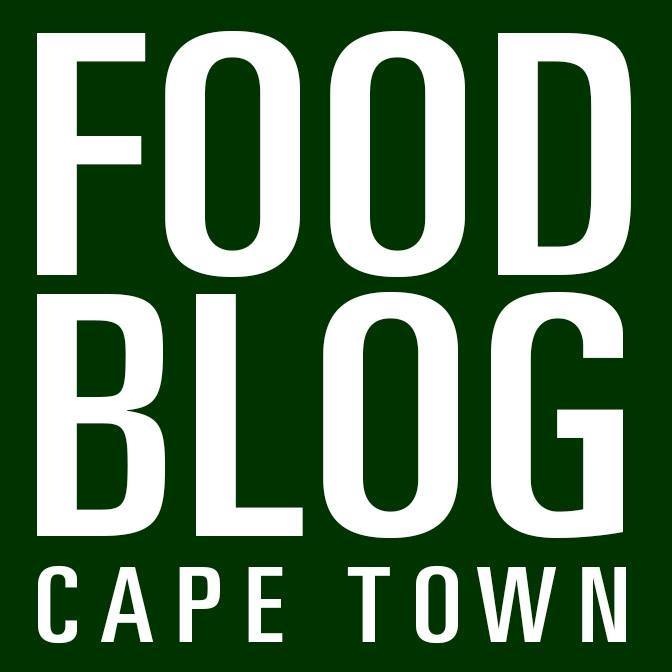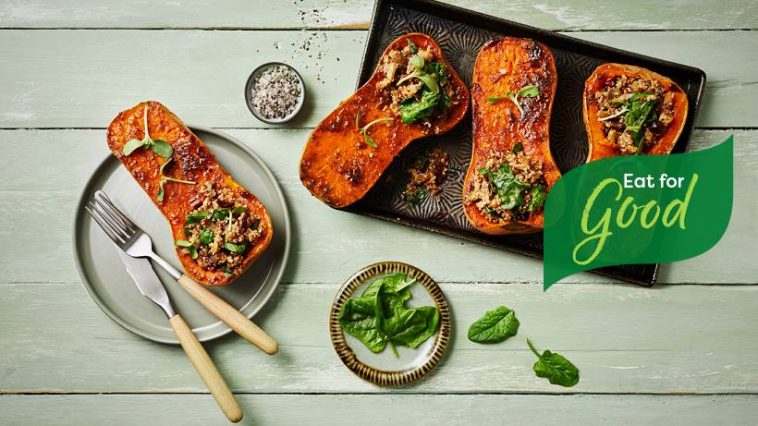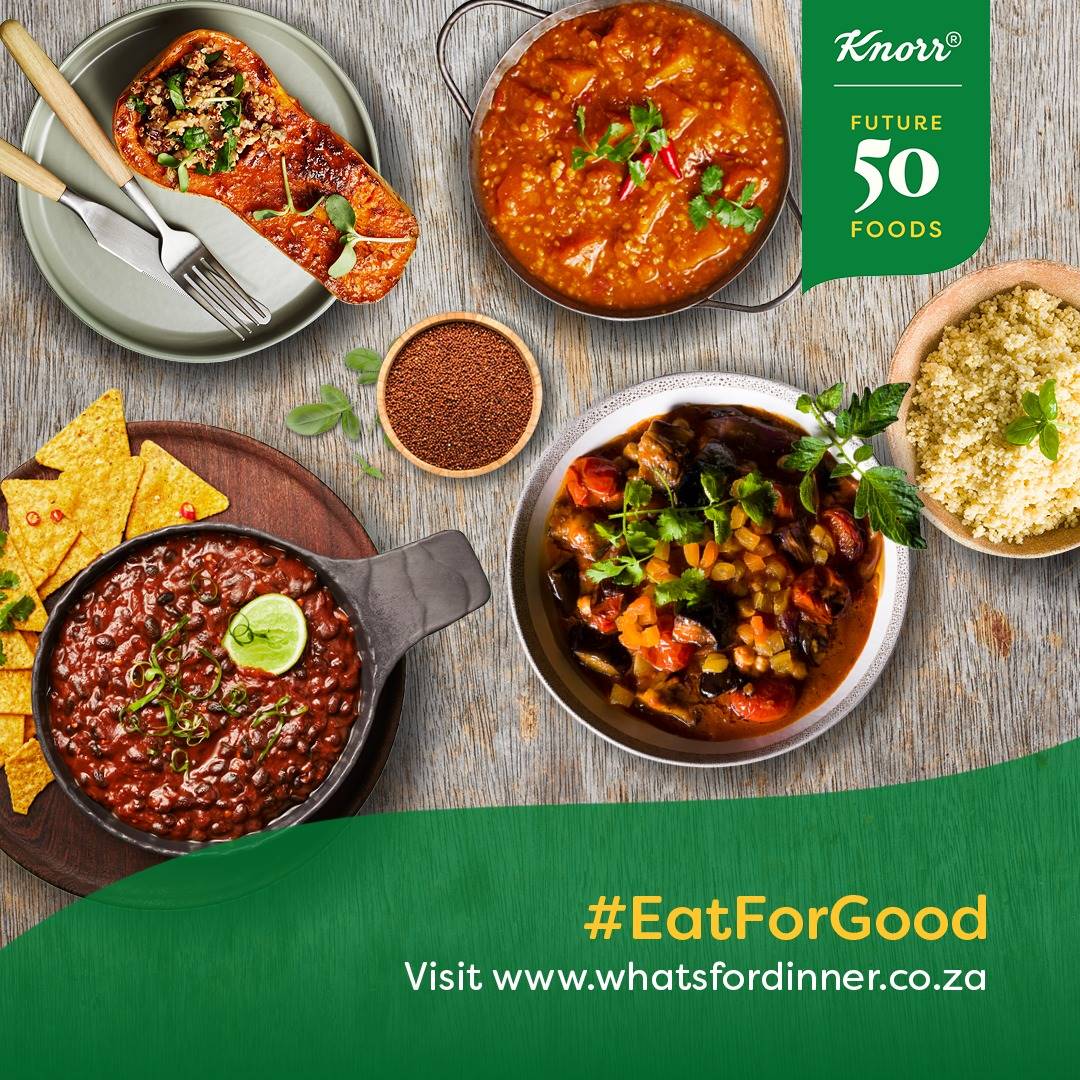Despite rising prices, South Africans continue to add more meat on their plate and continue to see healthy foods as expensive and inaccessible
Knorr released its 3rd instalment of the Plate of The Nation report.
The study is compiled by the global information, data and market measurement firm NielsenIQ. It is commissioned by Knorr to understand the eating habits of South Africans, the challenges they face in adopting a healthy food lifestyle and lastly, the improvements that can be made to increase accessibility to healthy foods.
South Africans resort to tightening their belts in a bid to protect their food basket
The PONA report found that cost is a primary consideration when buying food and other necessities for South Africans. Years of slow economic growth, the Covid-19 pandemic induced economic recession and geopolitical developments such as the Russia and Ukraine war have created a tough economic climate with high food-price inflation. This has led to a change in behaviour with many consumers giving up luxuries and focusing on necessities. To manage household expenses, 67% of households are reassessing their spending and sticking to a budget to survive the month. When it comes to managing grocery expenses, 66% of households change brands if the price of their regular brand increases. To keep their options open, 64% of households said that they tend to select the lowest priced product from their preferred repertoire as a strategy to keep consuming their favourite brands.
The composition of 2022 South African plate
The composition of the 2022 adult plate remains consistent with the 2021 version, although South Africans are slightly eating fewer vegetables. South African households continue to predominantly fill up their plates with starch (41%) and meat (27%) a slight increase from 26% in 2021. Additionally, vegetables now constitute 13% of plates, a decrease from 14% in 2021. The report has however seen an increase in flexitarian by 10% in 2022 from 6% in 2021, these are people who have a primarily vegetarian diet but occasionally eat meat or fish.
To understand the composition of the plate of the nation across the different demographics (% of meat-eaters, vegetarians, vegans, flexitarians) as well as understanding the attitudes towards food, what is consumed and the link to health; the study found that:
- 89% of South Africans are meat-eaters down from 90% in 2021, 1% are vegetarians) a 2% drop from last year, 0.1% are pescatarians a 0.4% drop from 2021 and 0.0% are vegan; and as such, this demonstrates that consumers continue to prefer eating meat.
- South Africans eat an average of 2 meals per day and there is a general decline in breakfast consumption.
- The report sees a significant increase in meal occasions, 65% eat weekday breakfast, weekday lunch (65%) a 7% drop from last year, weekday dinner increased by (91%), weekend breakfast increase by (62%), weekend lunch (65%) and weekend dinner increased to (82%).
The report has also found that 83% young woman between the ages 16-24 years, mostly with kids and residing in urban areas snack in between meals, this has increased since 2021 (70%).
So, what is the recommended plate composition?
According to the Eatwell plate /composition as defined by the University of Cambridge and the NHS, the recommended plate composition should consist of:
- Meat products/legumes (includes eggs) – 12%
- Starch – 32%
- Vegetables – 33%
- Dairy – 15%
- Fats & Oils – 8%
‘’Even though we did not see a significant change in 2022 as indicated by Knorr Plate of the Nation report, we believe that with consistent messaging around the importance of adopting better eating habits for the sake of our planet, South Africans will move toward a better food future slowly but surely’’ said Nicole Harris Marketing Manager – Unilever Food Solutions.
Additionally, Knorr is also raising awareness on the importance of adopting better eating habits by collaborating with South African food influencers, chefs, and lifestyle bloggers through various campaigns.
The EAT FOR FOOD campaign is aimed at reinventing food for humanity in three ways: champion dietary diversity, increase plant-based meals and sustainable ways to growing food.
The WOLRD EAT FOR GOOD DAY campaign, which is celebrated annually on the 19th of February to shine a spotlight on the importance of working towards building better food systems by reducing the negative impact they have on the environment. On the 19th of May, Knorr embarked on a campaign called ‘’Plant a veg day’’ to encourage consumers to plant and eat the meals grown in their backyard.




